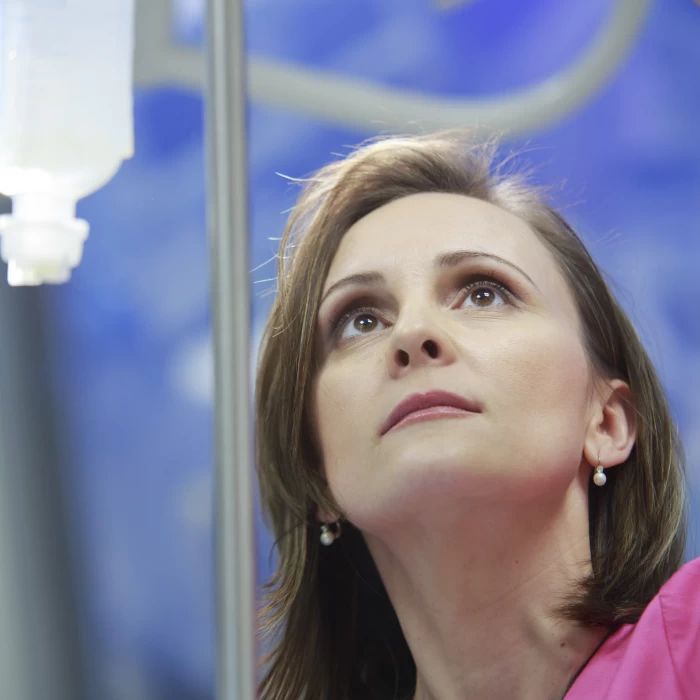In the days preceding a surgical intervention, first the surgeon, then the anesthesiologist consults with the patient, and any necessary pre-operative laboratory tests and examinations are performed.
The examination prior to surgery usually includes (subject to change depending on medical indication):
For general anesthesia:
- 12-lead ECG
- Chest X-ray (except for interruption)
- Lab tests: blood type and antibodies, complete blood count, ESR, Na, K, CN, Creatinine, blood sugar, Se bilirubin, SGOT, SGPT, GGT, Prothrombin, INR, urinalysis.
In case of general anesthesia:
- 12-lead ECG
- Chest X-ray (in case medically justified by the main condition)
- Lab tests: blood type and antibodies, complete blood count, ESR, Na, K, CN, Creatinine, blood sugar, Se bilirubin, SGOT, SGPT, GGT, Prothrombin, INR, urinalysis.
The anesthesiologist is responsible for anesthesia during surgery, as well as monitoring and maintaining breathing, blood circulation and organ functions in collaboration with the surgeon.
Our related doctors
Any questions before booking an appointment?
If you are unsure which doctor to see or what examination you require, we are here to help!
Simply request a free callback from one of our colleagues, who will help you find the right specialist based on your specific issue.



